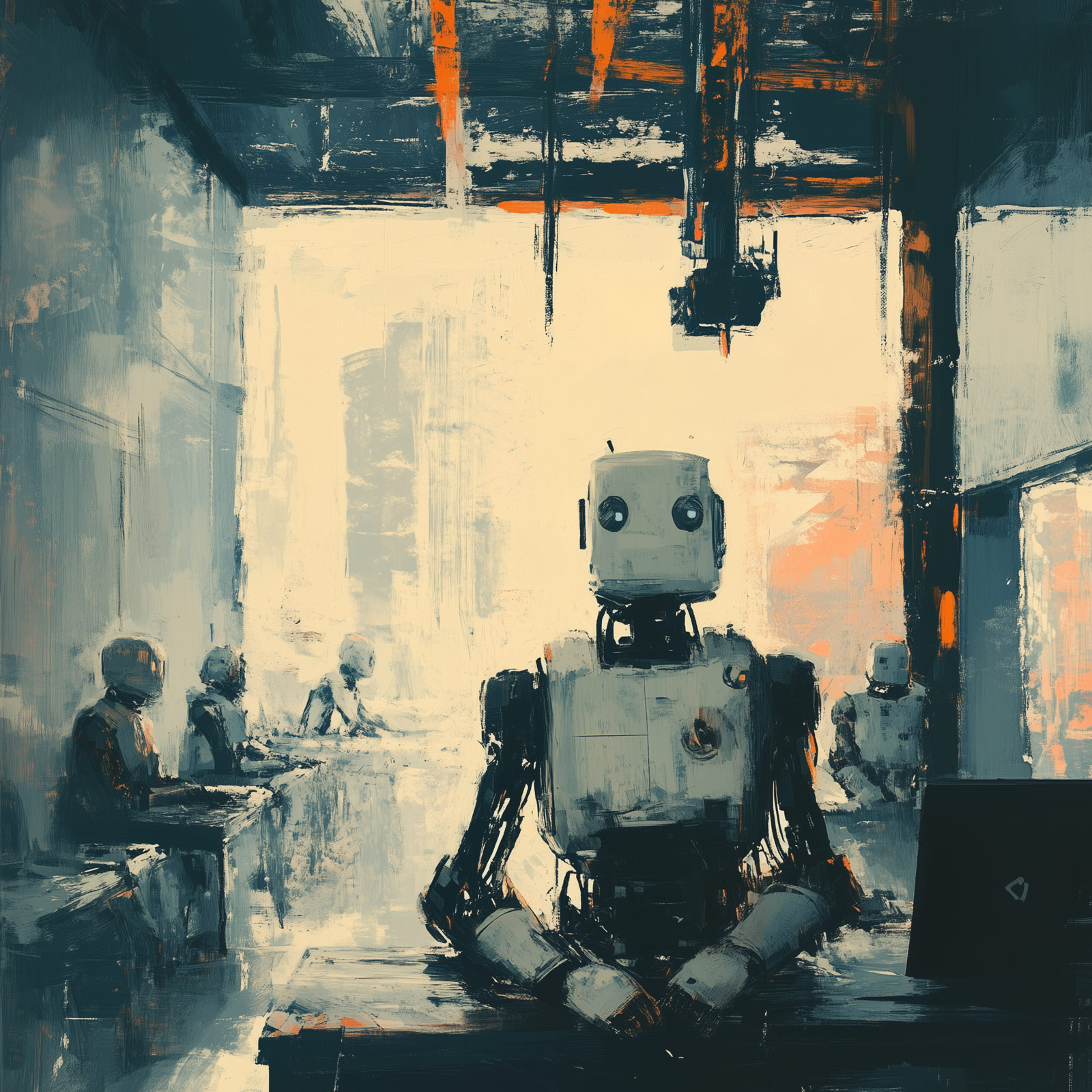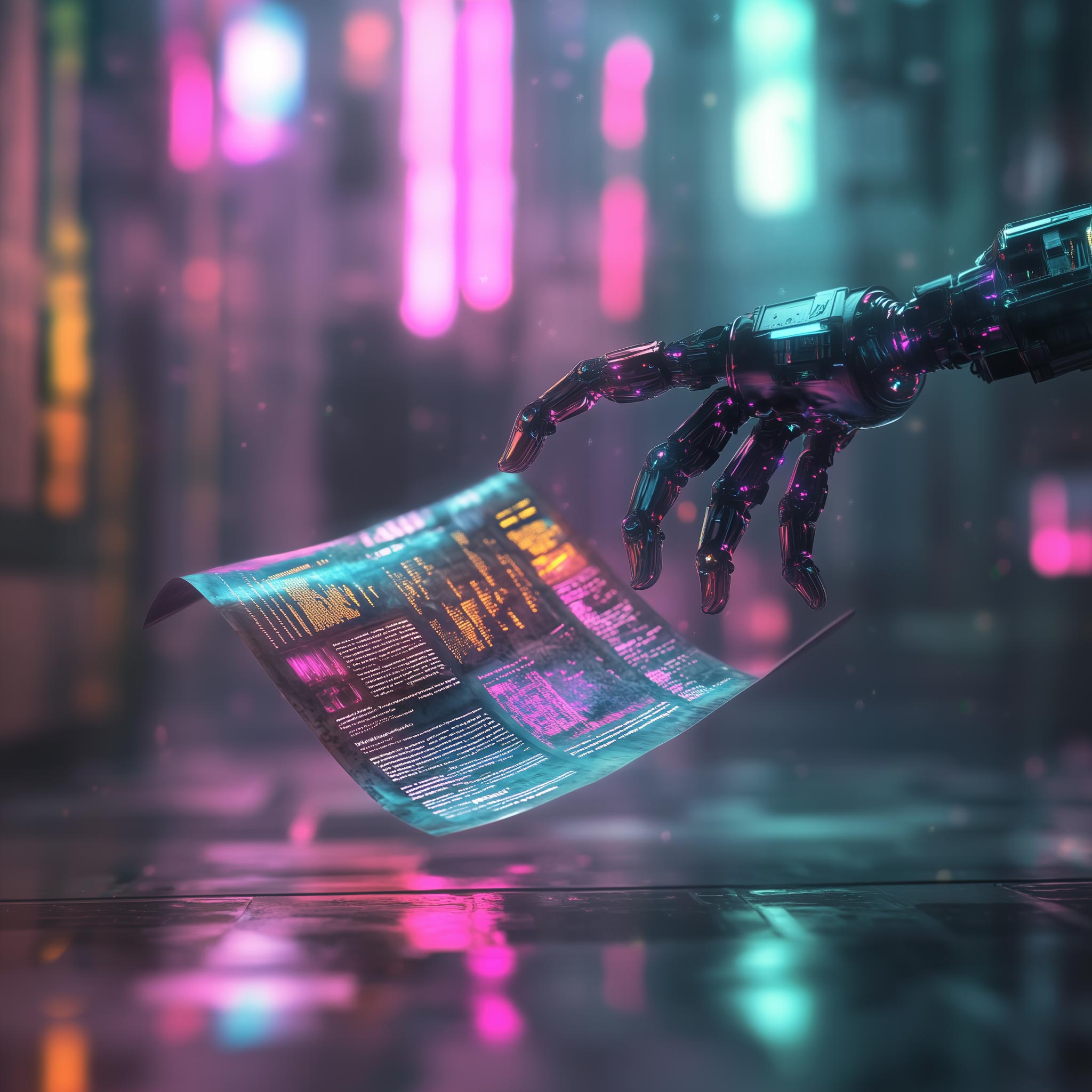AI and the Future of Work: Why Leaders Must Reskill Their Teams
Change has always been unsettling. Every major technological shift—steam engines, electricity, computers—has sparked fear about job losses before unlocking opportunities we never imagined. AI is no different. Right now, it’s reshaping industries, automating routine tasks, and forcing businesses to rethink how they work.
But history tells us something important: innovation doesn’t make humans obsolete. It demands that we adapt.
Think back to the early days of the internet. Many businesses dismissed it as a passing trend, only to find themselves scrambling to catch up years later. AI is moving even faster. It’s already handling data-heavy tasks, improving decision-making, and streamlining workflows. That’s not the future—it’s happening now.
So, the real challenge isn’t whether AI will change things. It already has. The question is whether business leaders are preparing their teams to thrive in this new world—or leaving them behind.
The Skills That Will Matter Most
Take any workplace today, and you’ll find AI creeping into daily operations. Marketers use it to generate campaign ideas, analysts rely on it to process vast amounts of data, and customer service teams deploy AI-driven chatbots to handle basic inquiries. But what happens next?
The teams that succeed won’t be the ones resisting AI. They’ll be the ones learning to work with it. That means focusing on skills AI can’t replace—creative thinking, strategic problem-solving, emotional intelligence, and leadership. AI can analyse data, but it can’t negotiate a deal. It can process information, but it can’t inspire a team.
Businesses that invest in these human skills will future-proof their workforce. Those that don’t will struggle as AI takes over more and more routine work.
Learning to Work With AI
We’ve seen this story play out before. When spreadsheets became widely available, accountants didn’t disappear—they became more strategic. When automation took over manufacturing lines, workers shifted into roles that required oversight, problem-solving, and innovation.
The same will happen with AI. It’s not about whether jobs will disappear; it’s about how they will evolve.
This means businesses need to embed AI literacy into their culture now. Employees should understand how to use AI tools, not fear them. Leaders should encourage experimentation, provide ongoing learning opportunities, and rethink job roles to integrate AI in ways that enhance productivity rather than replace people.
It’s not just about efficiency. It’s about staying competitive. The businesses investing in AI training today are the ones that will lead tomorrow. Those who assume they can ignore it? They’ll struggle to keep up.
The Choice Leaders Must Make
The reality is, there’s no stopping AI. It’s already reshaping industries, workflows, and customer expectations. The businesses that embrace it will unlock new efficiencies, drive innovation, and create more meaningful work.
Leaders have a choice. They can see AI as a threat and resist change, or they can lean into it, equipping their teams with the skills needed to work alongside it.
One thing is certain: AI isn’t replacing us. But it is transforming how we work. The only question is whether we’re ready to adapt—or whether we’ll be left behind.



